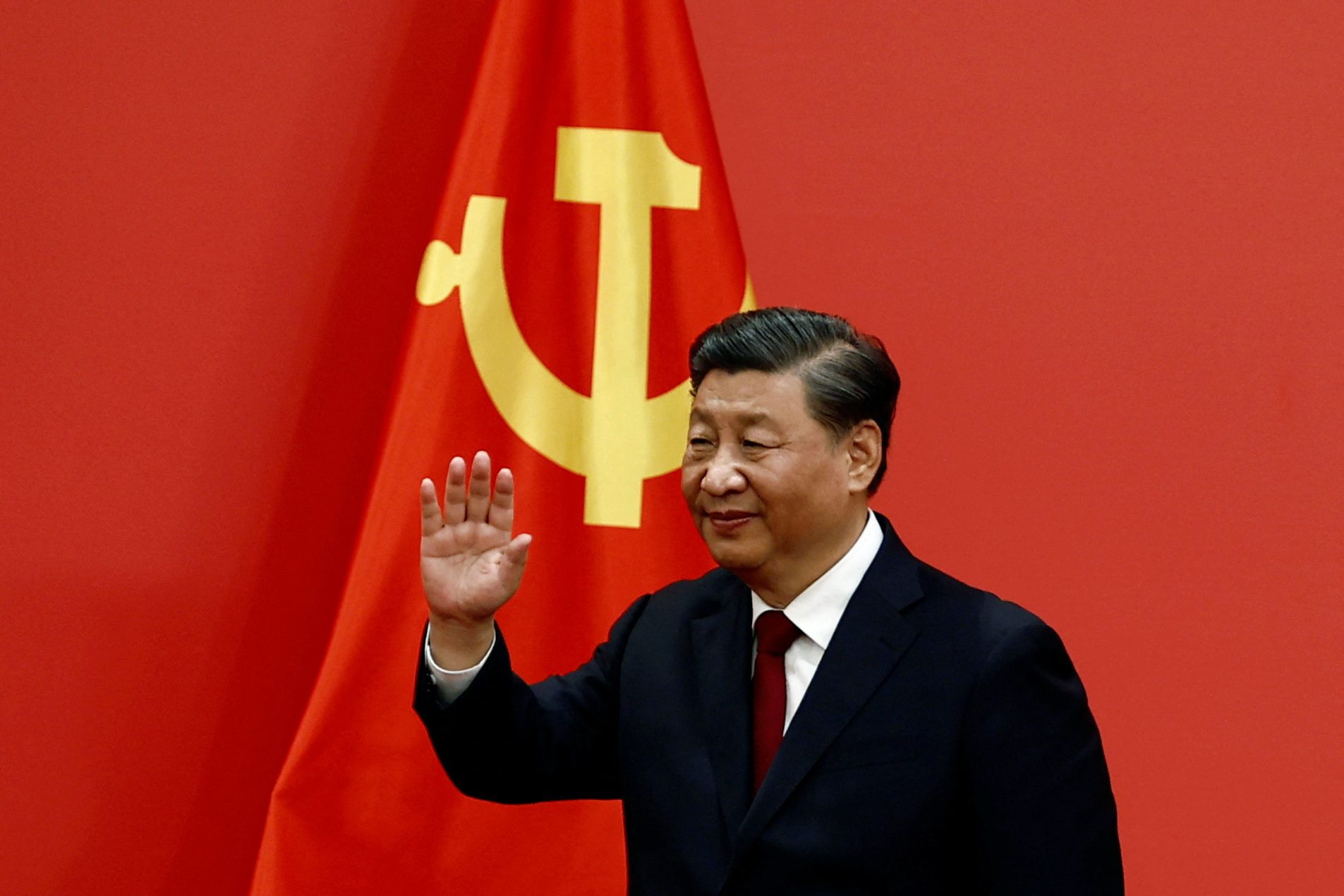Money
Why China’s economy is struggling to recover from Covid emergency

Money
Stocks rally ahead of Thanksgiving as markets log four days of gains
Markets gain momentum ahead of Thanksgiving, with the Dow up 388 points and Oracle rising 4% amid investor optimism.
Money
Dow surges 500 points amid rate cut optimism
Dow jumps 569 points on fresh hopes for December rate cut and AI market optimism
Money
Gold prices surge as Central Banks buy big, but risks grow ahead
Gold prices surge as central banks increase demand; risks include a stronger dollar and rising interest rates.
-



 News3 days ago
News3 days agoAustralia’s fastest-growing property markets revealed
-



 Ticker Views3 days ago
Ticker Views3 days agoSpace debris could sabotage Google’s next big AI breakthrough
-



 News2 days ago
News2 days agoEU launches antitrust probe into Meta over WhatsApp AI policy
-



 News4 days ago
News4 days agoStocks rebound as Bitcoin and tech surge ahead of Fed meeting
-



 News3 days ago
News3 days agoImmigration crackdown escalates tensions In New Orleans
-



 News4 days ago
News4 days agoKristi Noem pushes to expand U.S. travel ban amid rising security concerns
-



 News4 days ago
News4 days agoAustralia’s new National AI Plan aims to transform the future of tech
-



 News3 days ago
News3 days agoAustralia warned of major electricity price surge without faster renewable rollout








